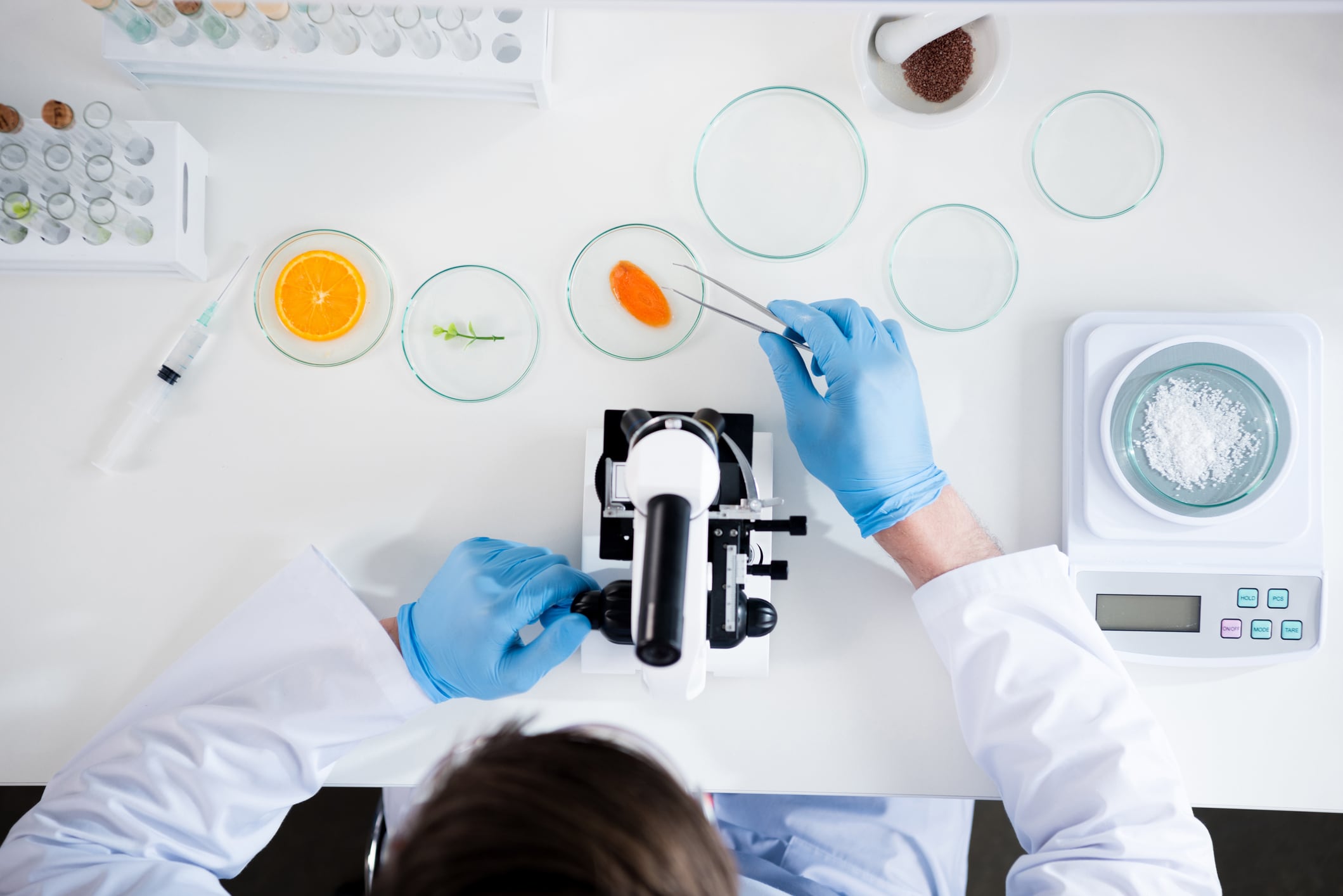A summary of Cargill’s robotic dog Spot’s tasks
- Spot performs up to 10,000 inspections weekly without human fatigue
- Advanced sensors collect real-time thermal, acoustic and visual data
- Robot detects overheating equipment and product leaks before escalation
- Spot identifies safety hazards like open doors and blocked walkways
- Automation frees employees to focus on analysis and decision-making tasks
Global food major Cargill has adopted a robotic dog named Spot. Developed by Boston Dynamics, the company’s new pet does more than ‘sit’ and ‘stay’ – Spot patrols Cargill’s multiseed crush and refinery plant and helps keep operations safe, efficient and reliable.
Cargill’s robotic companion can perform many more inspections than a human – up to 10,000 per week, without fatigue. Spot roams the rapeseed and sunflower processing lines with advanced sensors that collect real-time thermal, acoustic and visual data.
It’s hoped the robot dog will help identify potential issues, like overheating equipment or product leaks. So far, the gamble’s paid off: Spot has already detected a decanter running above safe operating limits, which allowed maintenance teams to make immediate adjustments.
But it’s not all about equipment checks. The Boston Dynamics invention is also constantly on the lookout for standard safety hazards, be it open doors, misplaced tools or blocked walkways.
“Spot gives us peace of mind overnight and helps us wake up to data – not surprises," says Martin Blommestijn, plant superintendent at Cargill Amsterdam. “It’s more than just a robot – it’s an early warning system that helps keep production safe and smooth."
The move towards greater automation begs the question: what happens to Cargill’s human employees that used to perform these checks? According to the company, Spot gives Cargill’s employees more time to focus on analysis and decision-making.
“We are building a new work environment where automation, digitalisation and AI support our teams to make our manufacturing and supply chains safer and more efficient,” says Chris Kassios, smart manufacturing process lead at Cargill.
Spot’s success in Amsterdam has already caught attention across Cargill’s European network. The company is evaluating how the four-legged robot could scale to other sites, marking a step towards predictive, digital-first plant management.
“This pilot is just the beginning,” adds Kassios. “Robotics and AI are helping us build a food system that’s not only more efficient, but more resilient, sustainable and human-centric.”




